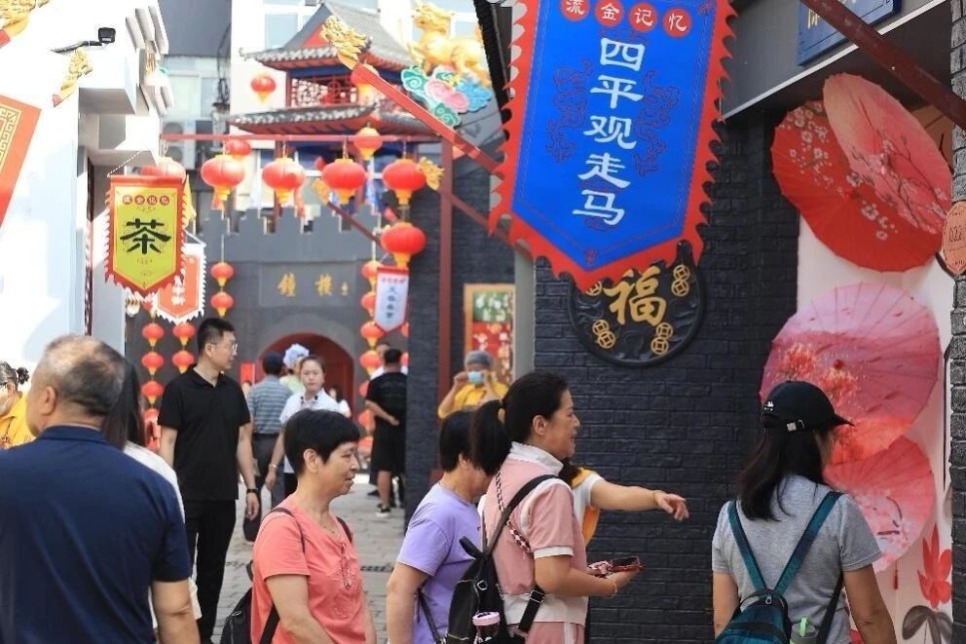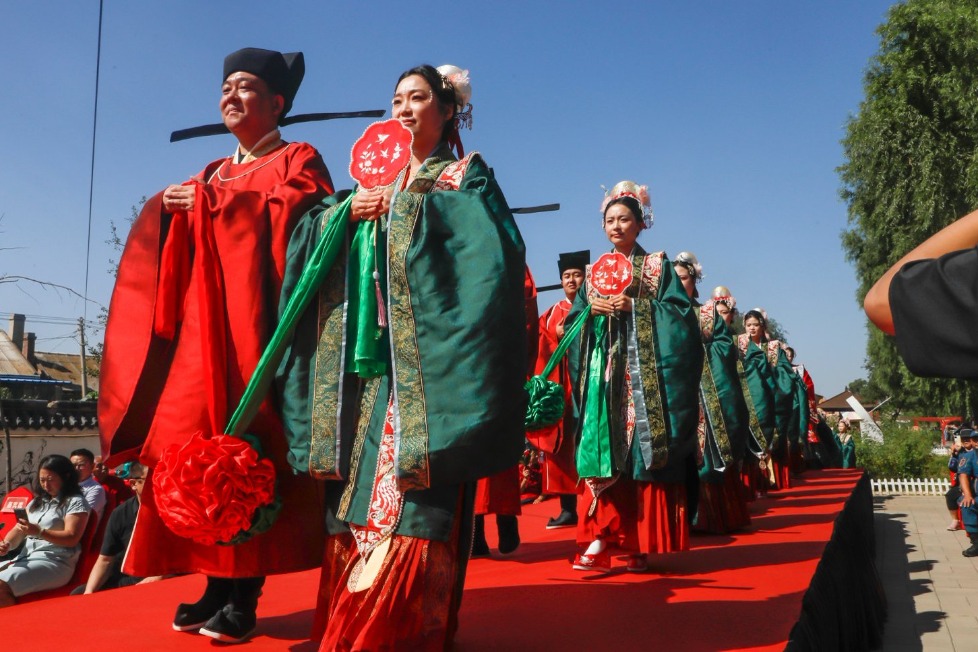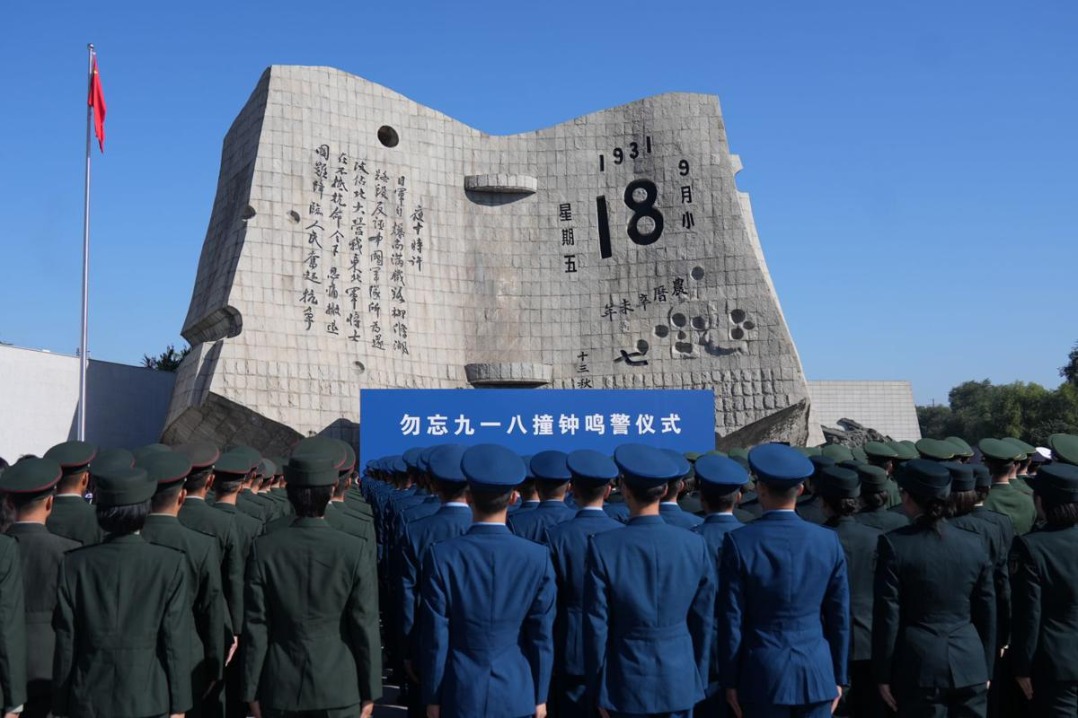China's defense chief warns against revived hegemonism

Chinese Defense Minister Dong Jun on Thursday told counterparts from around the world that the lessons of World War II must be remembered, and that all forms of "repackaged" hegemonism and bullying must be firmly opposed to safeguard peace and justice.
Dong made the remarks at the opening ceremony of the 12th Beijing Xiangshan Forum, saying so-called military strategies of deterrence based on strength are essentially zero-sum confrontation, which will "only deepen hostility and will eventually backfire."
He said that while the smoke of World War II dissipated 80 years ago, it left behind indelible lessons.
"The catastrophe of world war left the international community with profound pain. People have remained highly vigilant against the pathogens of war, such as hegemonic expansion, racial superiority and overriding the international order," Dong said.
He warned that although peace and development remain the themes of the times, Cold War mentality, hegemonism and protectionism still linger, including attempts to turn the history of World War II into a tool of geopolitical competition.
"The victory of the World Anti-Fascist War lay in the unity of justice that transcended differences in social systems, ideologies and cultures," he said. "Today, once again we stand at a crossroads of history, facing the realistic questions of peace or war, dialogue or confrontation, win-win cooperation or zero-sum rivalry."
Dong said multipolarity is an inevitable trend in a world undergoing profound changes unseen in a century, but cautioned against "blindly emphasizing absolute military superiority and equating strength with power," which he said would lead to a disorderly, jungle-like multipolarity.
"On international affairs, we believe issues should be handled through consultation," he said. "Global governance should be jointly built and shared by all countries, for common prosperity. This is what a multipolar world should look like."
Facing a turbulent and changing world, Dong said that different strategic orientations, roles of military power and the way military relations are shaped concern whether countries enjoy peace or slide into conflict.
In China's view, whether in state-to-state relations or in resolving international disputes, coercion and force must be avoided, he said. "Dialogue and consultation should be used to manage differences, bridge divides and eliminate the root causes of conflict."
"Peoples who have endured aggression and oppression despise seeing armed forces become accomplices of hegemonism or tools of abuse," he said. "They expect militaries to play a greater role in deterring wars and preventing conflicts."
Dong said that as a force for peace, the stronger the Chinese military grows, the greater its power to curb wars will become, and the more assured world peace and development will be.
"We stand ready to work with all peace-loving forces to firmly defend the victory of World War II and the post-war international order, help militaries of all countries enhance their capacity to safeguard their legitimate rights and interests, and jointly shoulder the historic responsibility of maintaining world peace," he said.
- Wingsuit Flying World Championship kicks off at Zhangjiajie Tianmen Mountain
- China's defense chief warns against revived hegemonism
- Experts urge global cooperation on security tech and AI governance
- Ningxia aims to become national digital economy hub
- Ningxia plans energy overhaul for clean, low-carbon future
- More efforts urged to combat online fraud





































